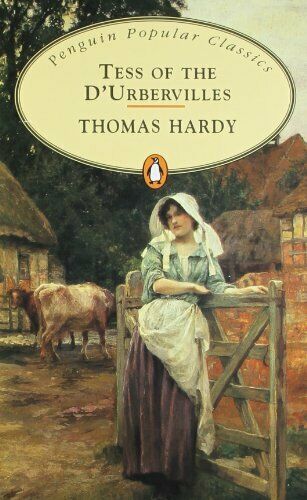A language that very nearly came into existence in medieval England was what I call & #39;Normanglish& #39;, a kind of Norman French with English orthography and English pronunciation. We could also call it Durbeyfieldish, after the famously corrupted Norman name in Hardy& #39;s novel
This was a language that came very close to existing; what happened instead was that English rose to prominence and absorbed vast quantities of Norman French loanwords
But it almost happened the other way round; Norman French could have spread down the social hierarchy (as sometimes happened), absorbing English orthography and vast quantities of English loanwords. Imagine that
To see how close this came to happening, consider that it *did* happen in some sections of English society - among lawyers, for example. & #39;Law French& #39; survived as a sort of legal cant or jargon into the c17th. This makes a fascinating read: http://blogs.bodleian.ox.ac.uk/lawbod/2018/05/31/law-french-when-law-and-language-collide/">https://blogs.bodleian.ox.ac.uk/lawbod/20...
Whether Law French can be classed as a language proper is debatable, as its use and functions were so restricted; but another section of society where a form of Norman French was used much more broadly was monasteries
At the time of the dissolution, a form of Norman French was still in use in several monasteries; by this time monasteries had even developed their own distinctive versions of the language. So what really killed Norman French on the mainland was the Reformation
Norman French survived, of course, in the Channel Islands (and in Calais until it fell to French control in 1558)
Norman French is a forgotten language of England (and indeed Ireland) that often gets a bad rap, and is stereotyped as the language of a foreign elite that naturally died out as the native English language gradually reasserted itself
But this picture, peddled by generations of English teachers obsessed with the & #39;manifest destiny& #39; of the English language, doesn& #39;t wash. If Norman French had been nothing more than a lingering legacy of foreign invasion, why did it last quite so long?
And the stereotype of Anglo-Norman French ignores the fact that it continued developing into a distinct version of the language in England and Ireland, different from the Norman French spoken in the Channel Islands and Normandy
The stereotype also ignores that fact that, before around 1400, most literate people in England were likely to be literate in both Norman French and English - and possibly only in Norman French, since English was less commonly written down
Yes, Norman French was always (to some extent) an elite language, but it became progressively more socially diffused over time; it was the language of scriveners and impoverished clerks as well as the language of a nobility descended from the Norman conquerors
The literature produced in medieval England in Norman French was vast - just look at the volumes published by @Anglo_Norman, but the language is often excluded or marginalised in the stories told about England& #39;s linguistic history

 Read on Twitter
Read on Twitter


